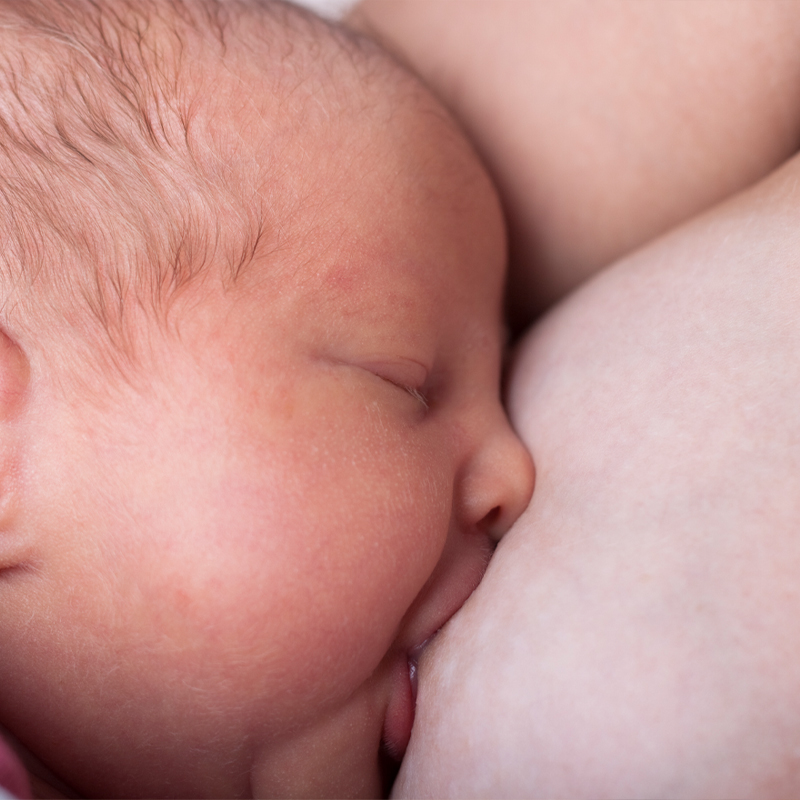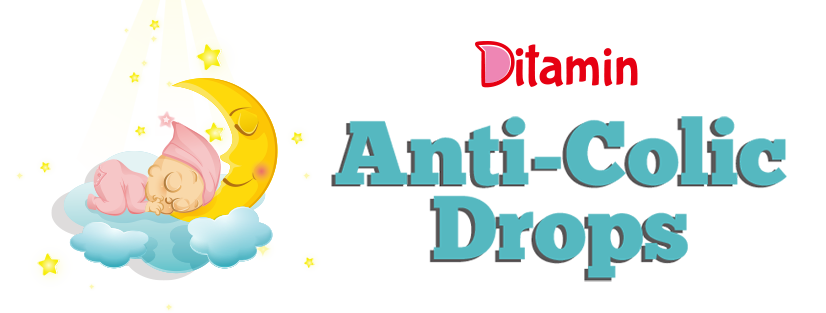
Human breast milk typically does not cause allergic reactions in breastfeeding infants, but mothers sometimes worry that their babies may be allergic to something that they themselves are eating and passing into their breast milk. In fact, only two or three out of every one hundred babies who are exclusively breastfed demonstrate an allergic reaction—and that’s most often to the cow’s milk in their mother’s diet. In this case, the infant may show signs of severe colic, abdominal discomfort, or a skin rash such as eczema or hives, or may react with vomiting, severe diarrhea (often with blood in the stool), or difficulty breathing that lasts up to several hours after breastfeeding.
If you note any of these symptoms, contact your pediatrician right away. While rare—especially among breastfed babies—milk allergies can be severe or fatal. Most babies eventually outgrow their allergy to cow’s milk, although food allergies to other substances may be lifelong.
Breastfeeding exclusively for the first six months of life has been shown to significantly lessen the risk and severity of food allergies in families with a strong history of them. Exclusive breastfeeding or breastfeeding in combination with partially or extensively hydrolyzed infant formula also reduces the risk for eczema, a condition of excessively dry and easily irritated skin.
So far, there is no evidence that avoiding certain foods while breastfeeding can help prevent your child from developing allergies or asthma. The exception to that might be eczema: some studies suggest that avoiding certain foods may reduce your baby’s risk for developing eczema. Still, if your family has experienced severe food allergies, you might consider limiting your intake of milk and dairy products, fish, eggs, peanuts, and other nuts during pregnancy and while breastfeeding. Monitor your baby carefully for skin rashes, breathing problems, unusual stools, or other allergic symptoms, and be sure to tell your pediatrician about your family’s medical histor

Food Sensitivities
A few mothers notice minor reactions to other foods in their diet. Some babies cry, fuss, or even nurse more often after their mother has eaten spicy or “gassy” foods (such as cabbage). These reactions differ from allergies in that they cause less-serious symptoms (no rashes or abnormal breathing) and almost always last less than twenty-four hours. If your baby reacts negatively every time you eat a certain type of food and you find this troubling, you can just avoid that particular food temporarily. If these symptoms continue on a daily basis and last for long periods, they may indicate colic rather than food sensitivity. Talk with your paediatrician about this possibility, if eliminating various foods has no effect on your child’s symptoms.

